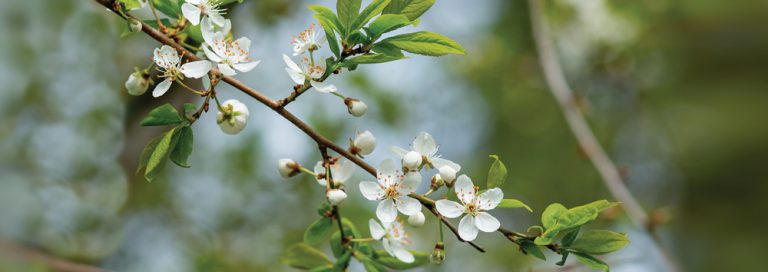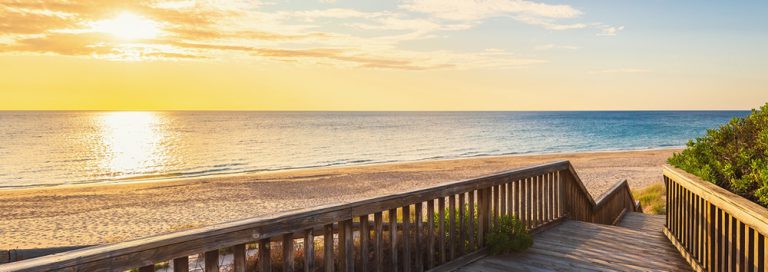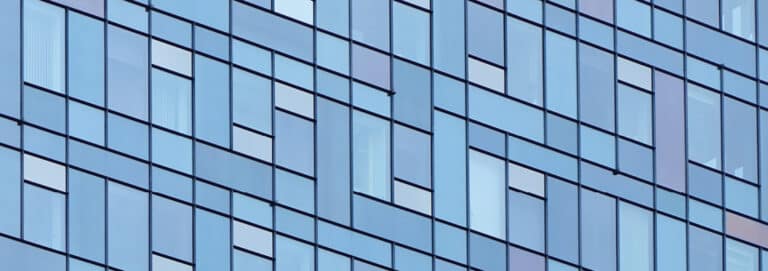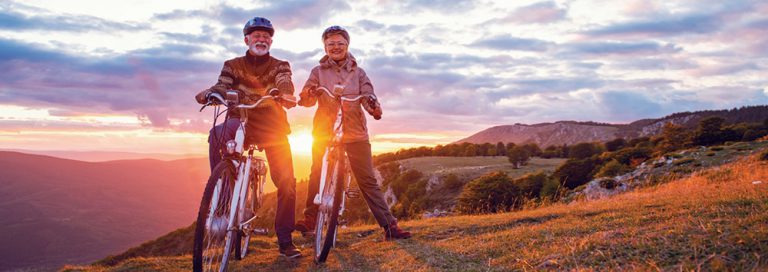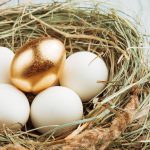December is here which marks the official start to summer. Unfortunately, the bush fire season is already underway. We would like to take this opportunity to express our heartfelt thanks to the firefighters, emergency services personnel and community members who have been working tirelessly to save lives and property.
After keeping interest rates on hold at 0.75 per cent in November, Reserve Bank Governor Philip Lowe said in a speech he would only consider unconventional measures to stimulate the economy if rates fell to 0.25 per cent. He ruled out negative interest rates but said he might consider buying government bonds.
Economic activity remains patchy. The Reserve Bank forecasts Australia’s economy will stay flatter for longer with growth of 2.25 per cent this year rising to 2.75 per cent by the end of 2020. Business and consumer confidence remain weak, which was reflected in a 0.2 per cent decline in retail sales in the year to September, the biggest fall in 28 years. New vehicle sales followed the trend, down 9.1 per cent in the year to October, the biggest fall in a decade. Residential building was also down, by 10.6 per cent in the year to September, the biggest fall in 18 years. Unemployment rose slightly from 5.2 per cent to 5.3 per cent in October as the number of people in work fell for the first time in 17 months.
On a brighter note, Australia trade surplus rose for the 21st successive month in September, as our annual trade surplus with China hit a new record of $67.3 billion. Our exports have been supported by the weaker Aussie dollar which eased in November from US69c to US67.7c.




